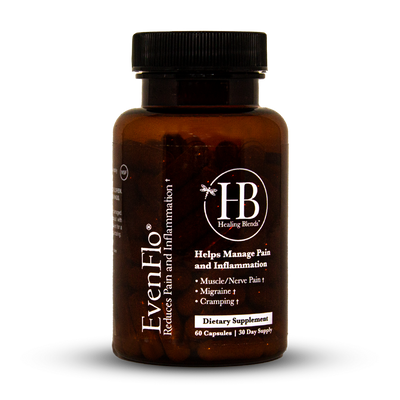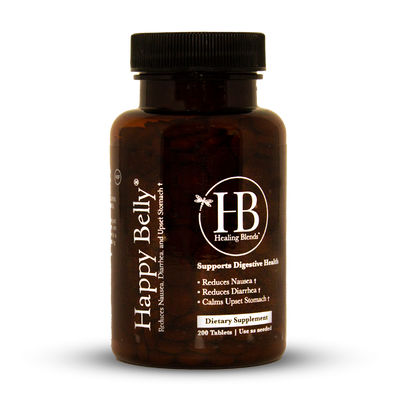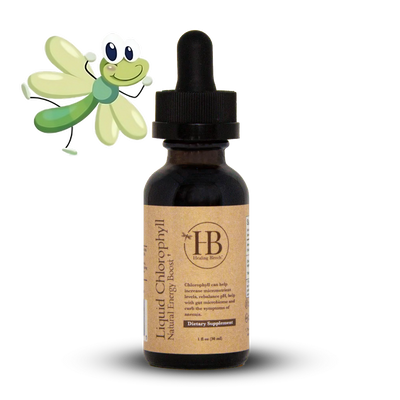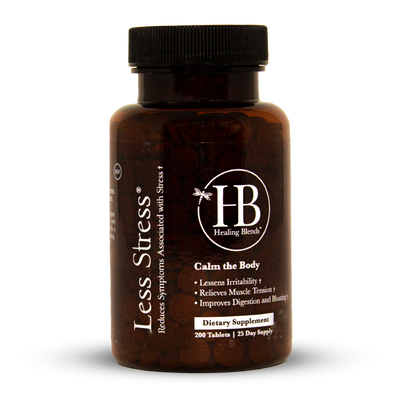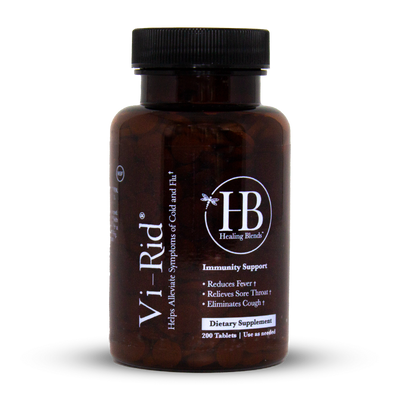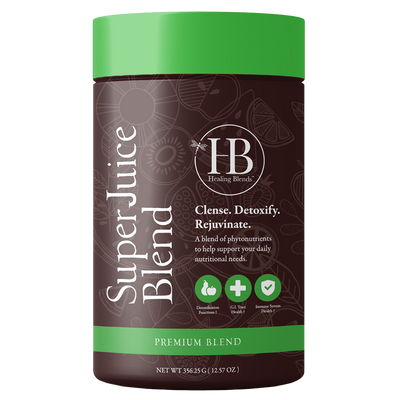Health Benefits of Hemp Seeds: Everything You Wanted to Know
Known as a dark horse in the world of seeds, hemp seeds are packed with nutrients that not only add flavor and texture to dishes but also bring a bunch of health benefits to the table.
Many people default to thinking about marijuana whenever they hear the words hemp or hemp seeds, but unlike marijuana, hemp cannot get you high because it doesn’t contain enough THC (Tetrahydrocannabinol) to produce the psychoactive effects marijuana is known for.
Hemp is used as material for fibers, paper, textiles, cosmetic products, food, and beverages, which is why it is a particularly important plant. Although hemp seeds are not as popular as chia, pumpkin, sunflower, or flaxseeds, they probably hold more health benefits than many of the more common seed varieties.
In this post, we are covering all the questions you may have about using hemp, and some you don't even know you had to ask!
Table of Contents
- What is Hemp?
- Difference between Hemp Seeds and Hemp Seed Oil
- Why isn’t Hemp the Same as Marijuana?
- What is the Nutritional Value of Hemp Seeds?
- What are the Health Benefits of Including Hemp Seeds and Hemp Seed Oil in Your Diet?
- Side Effects of Using Hemp & Hemp Seed Oil
- What is the Best Way to Consume Hemp Seeds?
What is Hemp?
Hemp is part of the cannabis plant family and is best known for its spiky green leaves. Hemp is a dioecious plant, which means that there are male and female hemp plants that need each other to produce seeds.
Hemp stems can be used as a source of fiber while the seeds are a great source of protein.
The leaves and flowers of the hemp plant can be used to make oils and smokable products, which is a new twist to the CBD trade.
Unlike marijuana, the leaves and flowers of hemp plants do not contain psychoactive compounds, but they still hold therapeutic properties.
Technically speaking, hemp seeds are nuts.
These small and slightly sweet seeds have a nutty flavor and might sometimes be referred to as hemp hearts. The “hearts” are hemp seeds that have been deshelled for easy consumption.
Difference between Hemp Seeds and Hemp Seed Oil:
Hemp seed oil is extracted from hemp seeds using a cold-press technique. It is one of the most diverse and nutritionally dense oils out there, and just like hemp seeds, the oil cannot produce a “high”.
Hemp seed oil does not contain the same amounts of protein and fiber found in the whole seeds, but its health benefits are linked to the 3:1 ratio of linolenic and a-linolenic acid, two polyunsaturated fatty acids that are great for heart health.
Why isn’t Hemp the Same as Marijuana?
Hemp and marijuana might be part of the same Cannabis Sativa family, but they are not the same plant. The main difference between hemp and marijuana is THC content.
Marijuana is a federally controlled substance in many countries across the world, but in the U.S., many regions are loosening restrictions on the possession and use of marijuana due to the medicinal benefits.
Hemp contains much lower levels of THC compared to marijuana, so it cannot produce the same “high” that marijuana produces.
What is the Nutritional Value of Hemp Seeds?
30 grams (or three tablespoons) of hemp seeds contain the following nutrients:
- Calories – 170
- Protein – 9 grams
- Fat – 15 grams
- Carbohydrates – 3 grams
- Fiber – 1 gram
- Calcium – 14 milligrams
- Iron – 2 milligrams
- Magnesium – 290 milligrams
- Potassium – 360 milligrams
- Zinc – 4 milligrams
Hemp seeds are also a rich source of unsaturated fatty acids, essential amino acids, phytochemicals, and vitamins A, B, C, and E.
What are the Health Benefits of Including Hemp Seeds and Hemp Seed Oil in Your Diet?
Hemp’s connection (and sometimes confusion with) marijuana means that hemp has a long history of legal challenges, so scientific research is still limited. But what we do know, however, is that the benefits of hemp seeds include:
Lower your Risk of Diabetes
Since hemp seeds are rich in antioxidants. They help fight free radicals that lead to oxidative stress and chronic diseases such as diabetes, cancer, and dementia. Oxidative stress also speeds up the aging process, so hemp seeds might help combat premature aging as well.
Having Anti-Inflammatory Properties
Hemp seeds contain an abundance of gamma-linolenic acid (GLA), a polyunsaturated fatty acid that might have anti-inflammatory effects. GLA might be able to act as a potent anti-inflammatory agent and thus help prevent an array of medical conditions and symptoms like metabolic syndrome, type 2 diabetes, arthritis, heart disease, and non-alcohol-related fatty liver disease.
Aiding Digestion
Three tablespoons of hemp seeds provide you with one gram of dietary fiber, which feeds the food bacteria in your gut microbiome. We already know that much of our overall health is rooted in the gut, and the fiber found in hemp seeds might help prevent and alleviate constipation and promote bowel regularity.
Possible Protection from Neurodegenerative Disease
The cognitive breakdown is unfortunately part of the aging process for a lot of people. But dietary factors might help slow it down and prevent neurodegenerative conditions from occurring. Animal studies indicate that hemp seeds might offer protection against a decline in cognitive function and brain inflammation.
Possible Protection against Cardiovascular Disease
Studies have shown that hemp seeds might be able to prevent arterial blockages since hemp can lower cholesterol levels. This, in turn, protects your heart against cardiac disease and lowers high blood pressure, which is a risk factor for heart disease.
Possible Improvement of Skin Condition
The topical application of hemp oil might be able to improve some skin conditions. Hemp oil is effective in treating conditions such as eczema, acne rosacea, cradle cap in babies, dermatitis, and psoriasis. Hemp oil might be able to improve the skin’s strength and its resistance to viruses, fungi, and bacteria that cause infection.
Possibly Relieve Rheumatoid Arthritis
As an autoimmune condition, rheumatoid arthritis causes the immune system to attack its own tissues, leading to inflammation in the joints. Research conducted on human cells is indicative that hemp seed oil might have anti-rheumatic effects.
Side Effects of Using Hemp & Hemp Seed Oil:
Our bodies always need some time to adjust to new additions to our diets, and the same is true for hemp seeds. It isn’t uncommon to experience mild diarrhea or an upset stomach when you start eating hemp seeds.
Hemp seeds might also interact with certain medications because they can inhibit platelet formation and prevent blood clots, which work against anticoagulant medications like warfarin. Taking hemp seed oil in conjunction with diuretics can lead to low potassium levels, which can adversely affect your heart.
It’s always best to consult your healthcare provider before making any changes to your diet so they can rule out any potential concerns regarding medications.
What is the Best Way to Consume Hemp Seeds?

Zucchini Pasta with Hemp Seed Alfredo Sauce
Hemp seeds are a crunchy addition to just about any meal. They can be sprinkled over oatmeal, salads, casseroles, and even baked goods like muffins. If you don’t want to see them in your food, try blending them into smoothies. Individuals that don’t consume gluten can use hemp seeds instead of breadcrumbs in most recipes.
Although hemp hearts and whole hemp seeds are a tasty way to enjoy hemp, there are other ways to consume hemp and add this superfood to your diet. These include:
- Hemp milk
- Hemp granola
- Hemp oil
- Hemp protein powder
If you prefer to buy whole, unshelled hemp seeds, you’ll need to prepare them for eating. You can either toast them over dry heat or shell the seeds yourself.
To toast your seeds, spread them out in a pan and heat them over medium heat for about two minutes, stirring them regularly.
If you plan on shelling the seeds yourself, place them on a flat surface and cover them with a towel. Run a rolling pin over the seeds to crush them before scooping them into a pot of water. Allow the shells to float to the top where you can skim them off and remove them!
Final Thoughts:
Hemp seeds are nutritionally dense and have an abundance of great health benefits. From their anti-inflammatory properties to their ability to prevent cardiovascular disease and diabetes, hemp seeds are not only a kitchen staple that can be used to add crunch to a variety of meals but they might also be able to help you eat your way to better health!
References:
- What is Hemp
- Therapeutic properties of hemp flowers and leaves
- Medical benefits of marijuana
- Nutritional value of hemp seeds
- Hemp seeds anti-inflammatory properties
- Prevention of cognitive decline a benefit of hemp seeds
- Antioxidants found in hemp seeds
- Reduces cholesterol levels a benefit of hemp seeds
- Benefits of hemp seed oil for skin
- Anti-rheumatic effects of hemp seed oil













